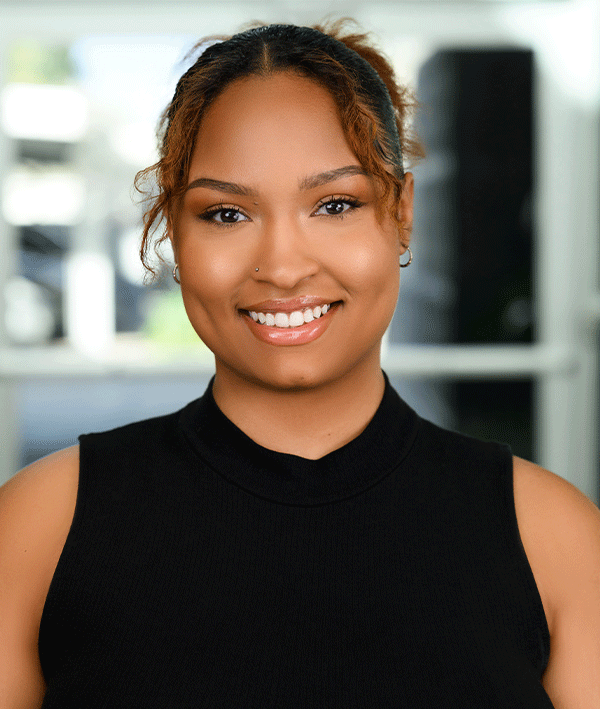
About the Flinn Scholarship recommendation
Academic/Teacher Recommendation
Only a high-school teacher who has given a letter grade should complete the Academic Recommendation for Flinn Scholarship applicants. Teachers should accept a request to provide a recommendation for the student only if they know the student well enough to respond to the following questions:
- Provide an example of this student’s intellectual curiosity, growth, and maturity. (200 words max)
- Provide an example of this student’s integrity and interpersonal skills. (200 words max)
- Every student adds to the classroom learning environment in some way. Knowing that all Flinn Scholarship applicants are excellent students who are at, or near, the top of their class, how does this candidate enhance your classroom learning environment? What is different in your classroom when this candidate is, or isn’t, there? (200 words max)
Leadership/Service Recommendation
A teacher, counselor, coach, employer, or community member may complete the Leadership/Service recommendation for Flinn Scholarship applicants. A recommendation from a relative or family member is not allowed. An individual should accept a request to provide a recommendation for the student only if they know the student well enough to respond to the following questions:
- Provide an example of this student’s ability to influence, empower, and inspire others. (200 words max)
- Provide an example of this student’s commitment to service and concern for others. (200 words max)
- Provide an example of this student’s earned respect of peers, community members, and/or leaders. (200 words max)
Counselor Report
Counselors will complete a fairly typical report about the student and the school. There is no recommendation as part of the counselor report. Counselors are asked to upload a student’s unofficial transcript and a school profile. If your school does not have a profile, here is an example from the College Board: https://counselors.collegeboard.org/counseling/advising/school-profiles/sample.
Other information that will be provided on the counselor report includes:
- Percent of last year’s graduates enrolled in a 4-year college
- Senior-class size and total student enrollment at your school
- Total number of students on your caseload
- Number of advanced courses offered (honors; dual enrollment; AP; IB; Cambridge AS or A level)
- Community service requirements and minimum hours, if applicable
- Student’s unweighted GPA, weighted GPA, and class rank, as applicable
- For homeschool students: We ask the parent in charge of the student’s education to explain why homeschool was the best school option for this student.
Tips for Academic/Teacher Recommenders
- Talk with your student about why they selected you and what they hope you’ll highlight. Ask how they see your role in their academic growth—was your class one where they excelled, or one where they were challenged and grew? This conversation can help you focus your responses and identify strong, specific examples of their intellectual curiosity, growth, and maturity. In what ways did the student go beyond expectations, create new learning opportunities, or pursue ideas independently?
- Use concrete examples to illustrate the student’s integrity, interpersonal strengths, and intellectual development. Focus on how the student engages with material, approaches problems, and responds to setbacks. If you’ve observed the student over time or across different contexts, reflect on their progress. Specific stories often convey these traits far more powerfully than general praise or rankings.
- Help reviewers visualize what it’s like when the student is in the room. How do they interact with peers? How do they approach discussion or debate? What unique perspective or energy do they bring that influences the learning experience for others? Even among top students, this kind of contribution stands out.
Tips for Leadership/Service Recommenders
- Talk with the applicant about why they selected you and what they hope you’ll highlight. Ask how they view their leadership and service—was it through a formal position, consistent behind-the-scenes work, empowering others to lead, etc.? This conversation can help you focus your responses and identify strong, specific examples of their ability to influence, inspire, and empower others in meaningful ways.
- Use concrete examples to illustrate their character, commitment, and impact. Focus on how they serve others and the motivation behind their work. Describe their concern for people or causes, the time and energy they’ve devoted, and how they’ve made a lasting difference. If you’ve seen them take initiative, respond to a need, or build something sustainable, share that story.
- Help reviewers understand how they have earned the trust and respect of others. What is it like to work with or be led by this individual? How do peers, mentors, or community members respond to them? Highlight specific moments that show their integrity, humility, and ability to foster collaboration. These details help paint a picture of an individual whose impact reaches beyond titles or accolades.
Declining to Recommend
Do not agree to write a recommendation if you have reservations about a student’s performance or character. In such a case, we suggest that you inform the student of the depth of your concerns and give the student an opportunity to choose another recommender. You may also decline a request if the student offers inadequate advance notice. (Two weeks is usually considered acceptable; three, preferable.)


